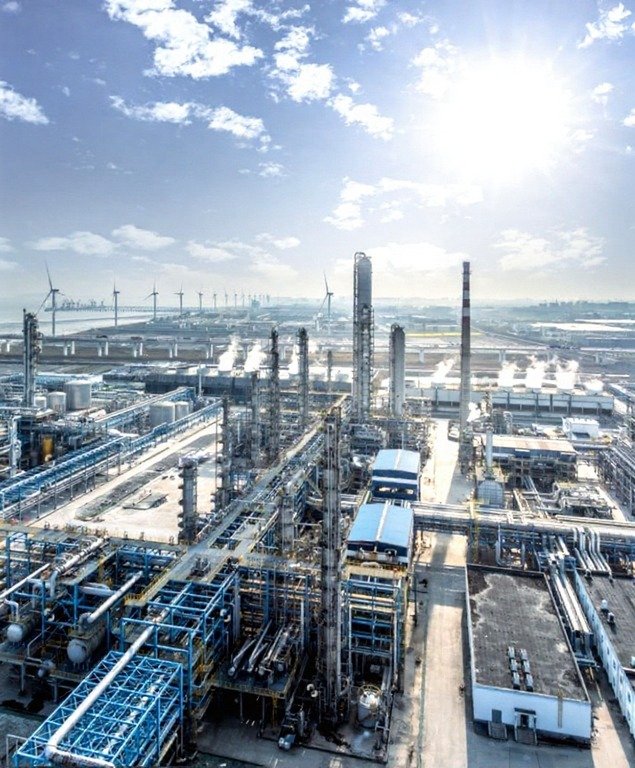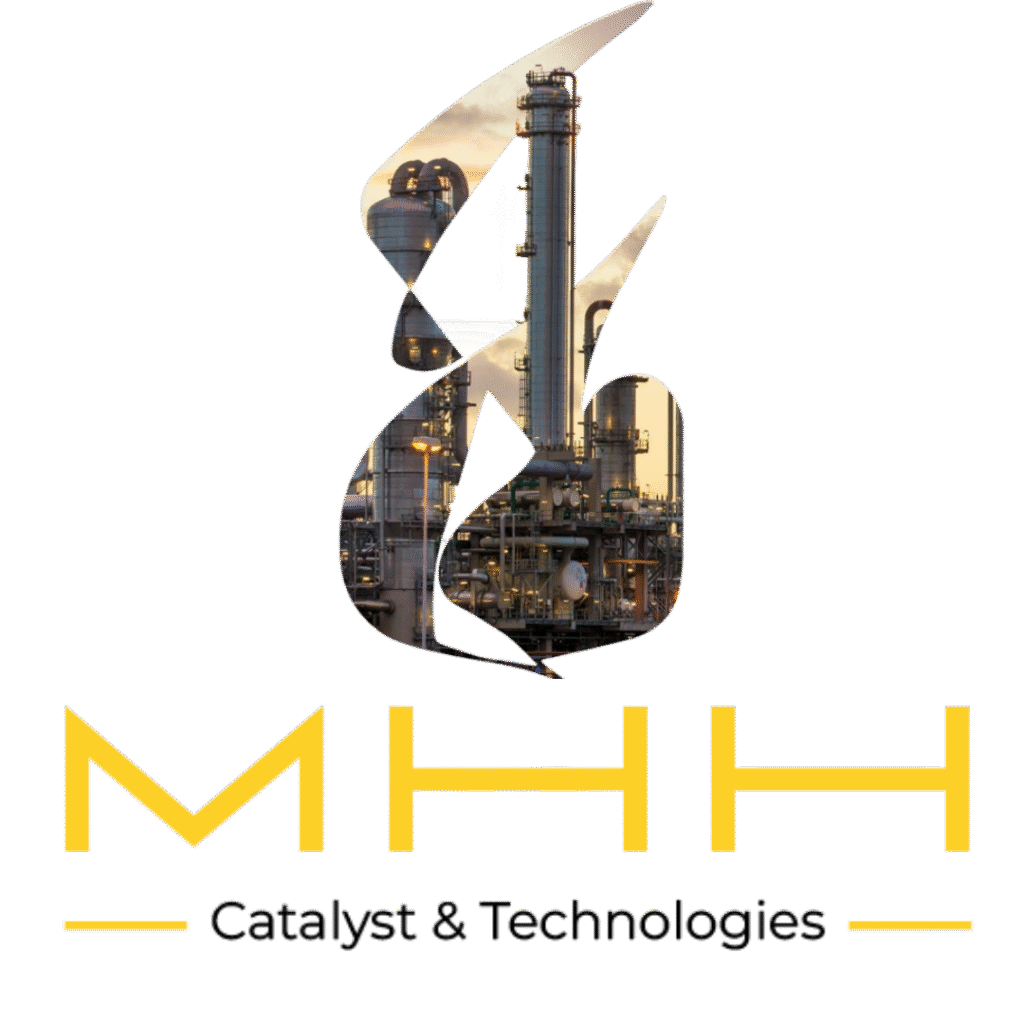Dehydrogenation
Unlock high-value olefins with precision-engineered catalytic dehydrogenation solutions.
We specialize in providing advanced catalytic dehydrogenation services tailored for the efficient conversion of key hydrocarbons such as Ethylbenzene, Propane, and n-Butane. Through precisely engineered process conditions and optimized reactor-catalyst systems, Ethylbenzene is converted into high-purity styrene, while Propane and n-Butane are transformed into valuable olefins such as propylene and butylenes. These olefins serve as essential intermediates in the production of a wide range of downstream products including polymers (e.g., polystyrene, polypropylene), high-octane fuels, synthetic rubbers, and specialty fine chemicals. Our dehydrogenation solutions are designed for high selectivity, energy efficiency, and process stability, ensuring maximum yield with minimal by-products and operational downtime.
Applications
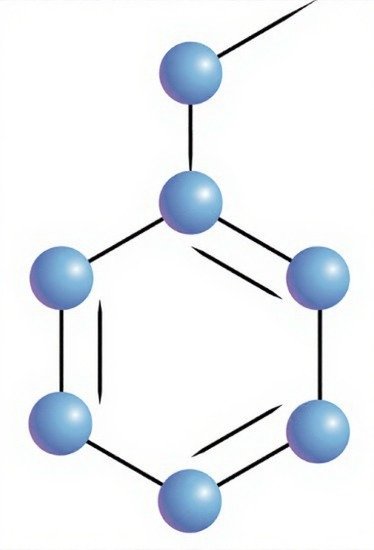
Styrene
Ethylbenzene
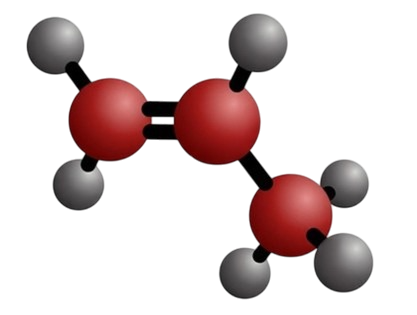
Propylene
Propane
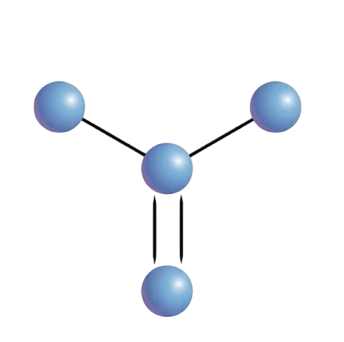
Styrene
Ethylbenzene
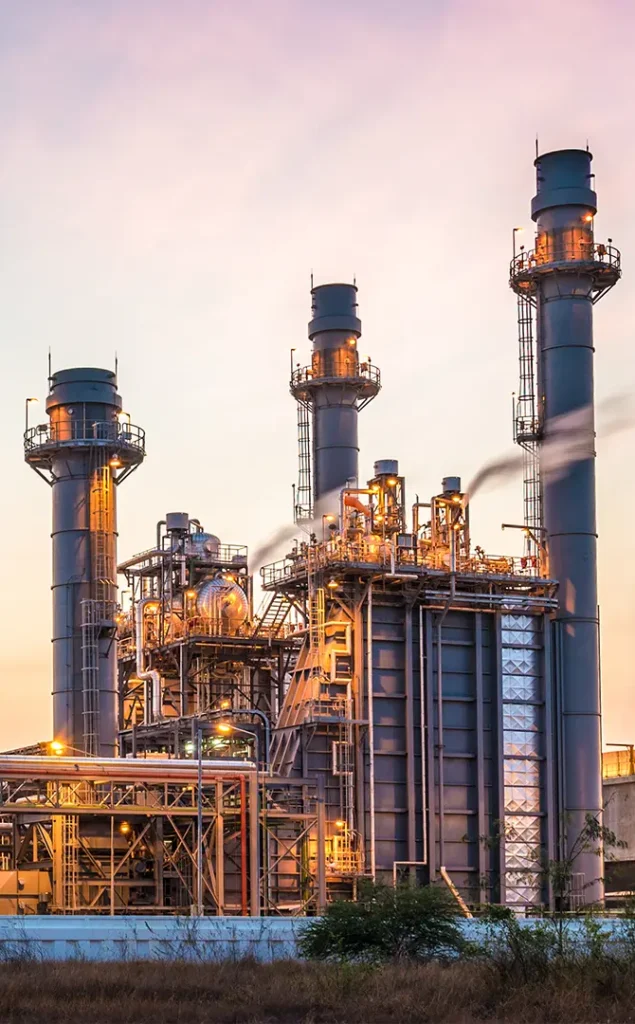
Core Capabilities
High-Activity Catalysts
Custom-formulated catalysts ensure maximum conversion rates while minimizing coke formation and pressure drop.
Optimized Reactor Design
Multi-bed radial or axial reactors with temperature control, steam integration, and coke management systems.
Heat Integration & Energy Recovery
Proprietary heat exchangers and energy loops reduce fuel consumption and operating costs.
Selectivity Control
Advanced temperature and space velocity tuning prevents over-cracking and maximizes target olefin production.
Olefins Recovery & Purification
Efficient separation systems including PSA, membrane, or distillation tailored to target product purity specs.
Continuous Regeneration Systems (CRS)
Minimize downtime and maintain catalyst performance with integrated regeneration technology.
Key Outcomes
- Boost in olefin yield (up to 90% selectivity in propane/EB dehydrogenation)
- Reduced hydrogen loss and coke formation
- Longer catalyst life and minimal regeneration downtime
- Energy-efficient processing with lower CO₂ footprint
- Optimized reactor thermodynamics leading to reduced energy input requirements.
- Stable performance across varying feed conditions, supporting operational flexibility.
- Enhanced heat recovery and reuse to minimize utility consumption and operational cost.
- Automated process monitoring and control, reducing manual intervention and improving safety.
- High conversion rates with minimal by-product formation, ensuring process selectivity and efficiency.
Industries Served
- Petrochemical Plants
- Polymer Feedstock Manufacturers
- Fuel Additive Producers
- Styrene and Plastic Monomer Plants
- Refining & Downstream Oil Processing
- Aromatics and BTX Production Facilities
- Synthetic Rubber and Elastomer Manufacturers
- Specialty Chemical Producers
